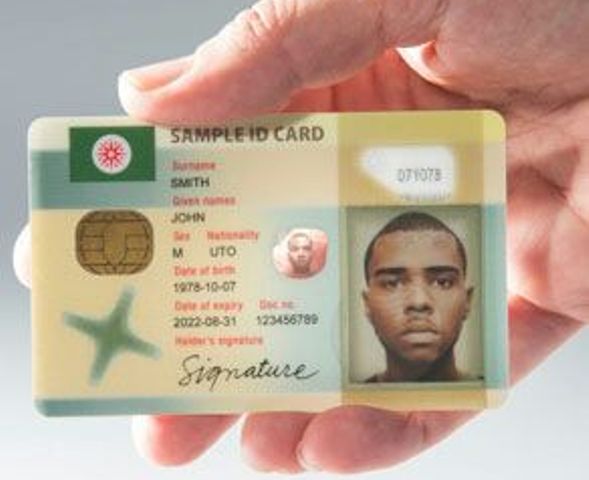Identity Review | Global Tech Think Tank
Keep up with the digital identity landscape.
Coordinated by the Ministry of Youth Affairs and Civic Education, the National Youth Council of Cameroon and the National Youth Observatory, the government of Cameroon plans to roll out a youth ID card in 2021, based entirely on biometrics. Born out of the idea to reimagine how young adults access public services—the ID allows access to over 600 different ones, to be sure—the operation is set to change relations between the country’s youth and its government.

Cameroon is no stranger to government use of biometric technology. The country began to issue biometric identity documents, like national identity cards, in 2016. While the process of voting itself does not require biometrics, onboarding new voters on the country’s electoral rolls requires facial recognition scans and fingerprints. Recently, President Paul Biya announced that his government is considering biometrics to be integrated within the civil services, an anti-fraud measure that encourages efficiency and productivity. And later this year, the government, alongside biometric tech firm Augentic, will collaborate to create and distribute biometric passports to Cameroonian citizens. With its specificity and newness, the youth ID reads more as an experimental project in digital tech than a solid program.
As in any country, the youth play a role of utmost importance as able-bodied and intelligent participants in large-scale economies. But youth employment is a dwindling notion in Cameroon, and as such, President Biya has attempted to open up space for potential youth employment, alongside ensuring these youth do so through safe and accurate forms of authentication—biometrics. The program is an offshoot of the three-year triennial youth development plan (endowed with,$190 million), an economic empowerment project announced by Biya on February 10, 2015 that focuses on four key areas: agricultural development, entrepreneurship, the digital economy (where this card belongs) and professional empowerment.
Though a handful of cards have already been printed and distributed in a pilot, the goal is to have the cards distributed to youths from all of the country’s ten administrative regions. Eligible holders must be 15 to 35 years of age and can receive access to services like healthcare, transportation, employment, vocational training and more.
“Government thought it wise that with these cards, the Cameroonian youth will catch up with the changing times. It will give exposure to the rural youth with a variety of opportunities involved. It will also enable young people to access strategic opportunities within and beyond the country. In some way, it will equally enable government to measure the rate of youth involvement in development activities, so it can inform future policy,” said Victor Cham Bama, a youth council official, to Biometric Update.
“The card is a jewel, it’s timely, purposeful and translates government’s commitment to assuage the plight of young Cameroonians.”
But the card technology is not without complications. Cameroon lacks a legal framework on data privacy and protection, giving the government and its third party developers, at least in law, free reign to gather biometric data and use it for potentially unpleasant reasons. The data, for example, could be used to track down dissident youths against Biya’s government. What’s more, many of the youths the technology targets will not receive a card, as the Anglophone crisis—an ongoing armed conflict between two English-speaking regions of the country—wages in populated areas. The crisis began in 2016 and has since forced many to flee their homes, losing their identity documents as they fled.
“Data storage and confidentiality are commodities that come in short supply in Cameroon,” says Colbert Gwain, a specialist with the New Digital Civil Society in Africa, Biometric Update reports. “More questions have to be raised about the data and eventual uses of the data which the government of Cameroon has been mining and wants to continue to mine from the useful segment of its population.”
This sentiment reflects similar ideas in other countries attempting to roll out biometric-based digital identity projects.
ABOUT THE WRITER
Olivia Baker is a Tech Innovation Fellow at Identity Review from Columbia University, where she writes on tech policy and national digital identity technologies.
Contact Olivia Baker at olivia@identityreview.com.
Do you have information to share with Identity Review? Email us at press@identityreview.com.